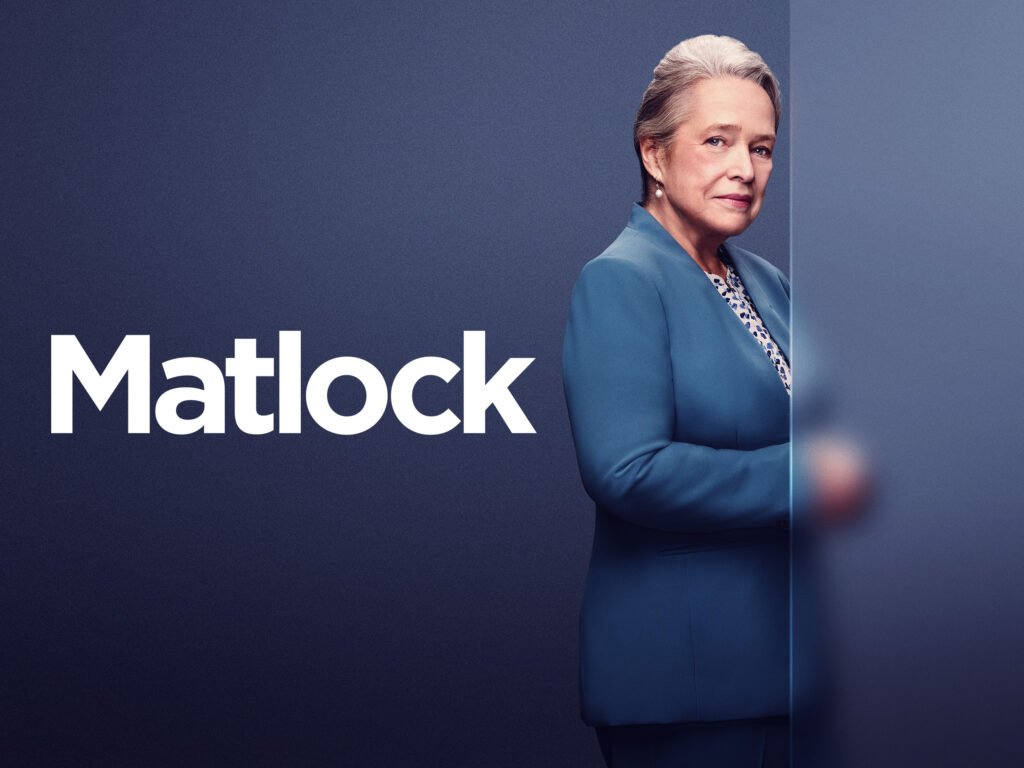The Education Department will reject nearly a half-million applications from people seeking to make lower payments on their student loans, according to internal documents obtained by POLITICO.
The agency will deny 460,000 federal student loan borrowers who selected the lowest monthly option for a payment plan based on their income. They make up about 31 percent of a 1.5 million application backlog for borrowers who are seeking Income-Driven Repayment, one of many options typically available for borrowers having difficulty paying back their loans.
An Education Department spokesperson said the lowest monthly payment option was the SAVE Plan, a Biden-era plan that would cap payments at 5 percent of the borrower’s discretionary income for undergraduate loans and 10 percent for graduate loans. It has been blocked by the courts since June 2024.
“Loan servicers cannot process these applications as SAVE is no longer an option, as it is illegal,” a department spokesperson wrote in a statement to POLITICO.
The agency is introducing two new payment plans and phasing out the matrix of current options as part of President Donald Trump’s sweeping reconciliation legislation. His administration has railed against SAVE for being a burden to taxpayers and called for simplifying the loan repayment process as part of a broader strategy to reshape how students borrow and pay back loans.
Borrowers who were signed up for SAVE are in a forbearance while the courts decide the program’s future. The department has previously stated it plans to move SAVE borrowers to different plans in the fall and has encouraged them to explore other repayment options.
Some student loan experts argue that borrowers may have not known they were applying for SAVE when selecting the lowest monthly payment option.
It’s a “bit of struggle to understand” if they intended to apply for the Biden-era program that’s on hold, said Scott Buchanan, executive director of the Student Loan Servicing Alliance, a servicer trade group that represents MOHELA and Aidvantage, among others. He said its best to have borrowers just reapply entirely for a student loan repayment plan.
Student debt relief advocates are concerned people could have higher monthly payments and end up paying more in the long run since borrowers couldn’t make qualifying payments toward forgiveness while in the SAVE forbearance.
“If their income has shifted in the last year, it’s going to result in a higher payment,” said Persis Yu, the deputy executive director and managing counsel at Student Borrower Protection Center. “Since this time hasn’t counted toward cancellation, it means that people are ultimately going to be paying more on their loans during the life of it.”


